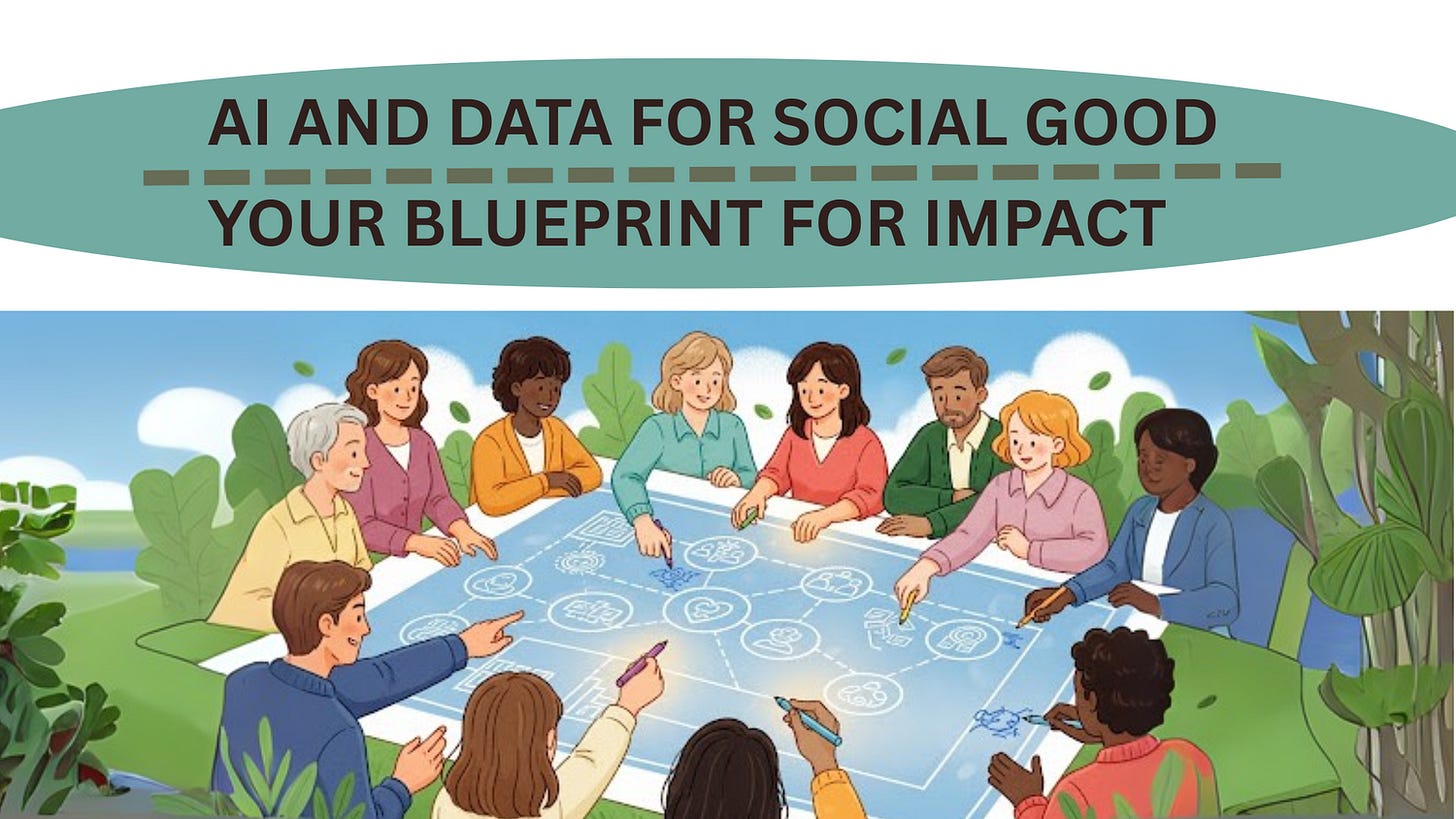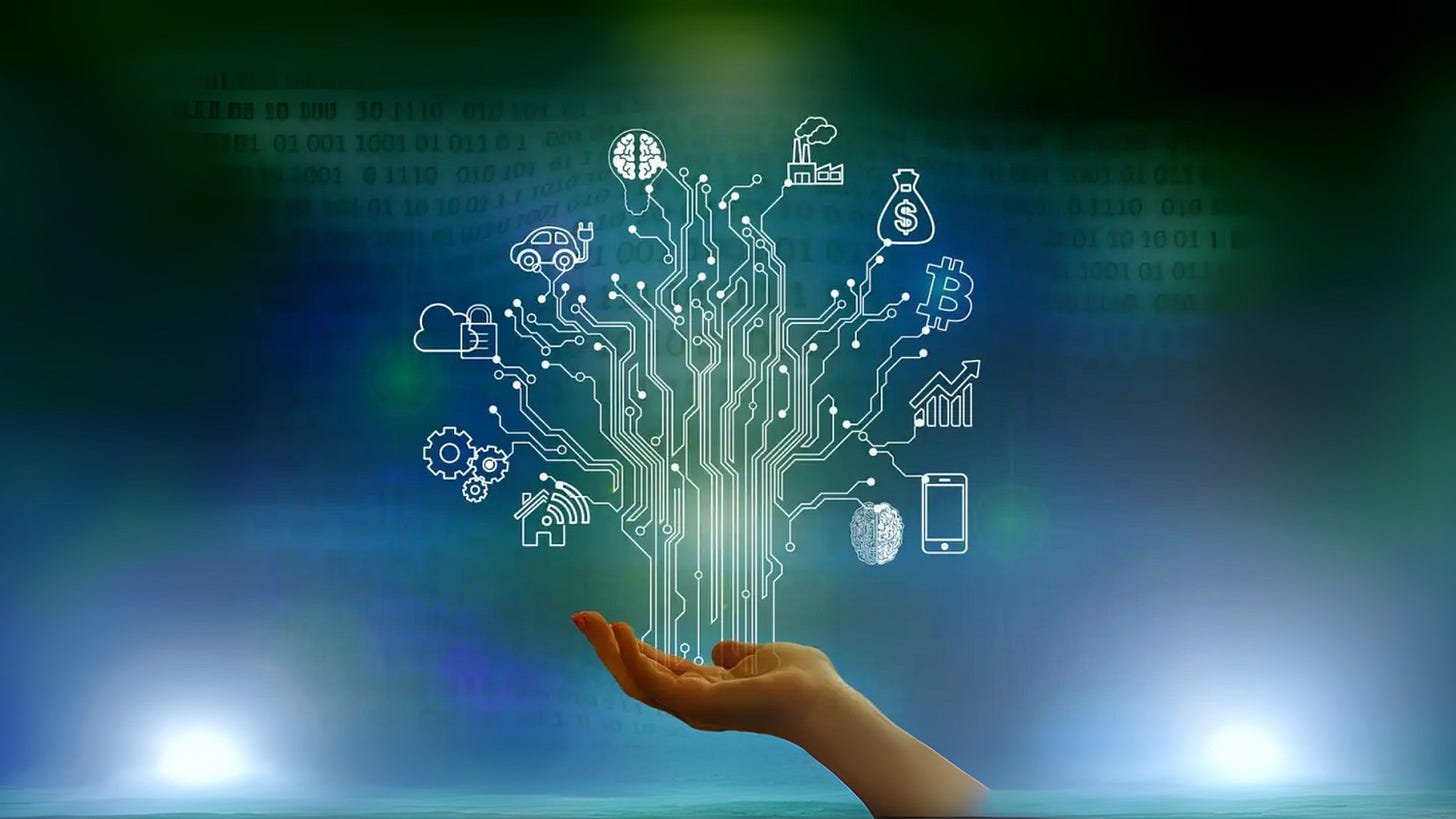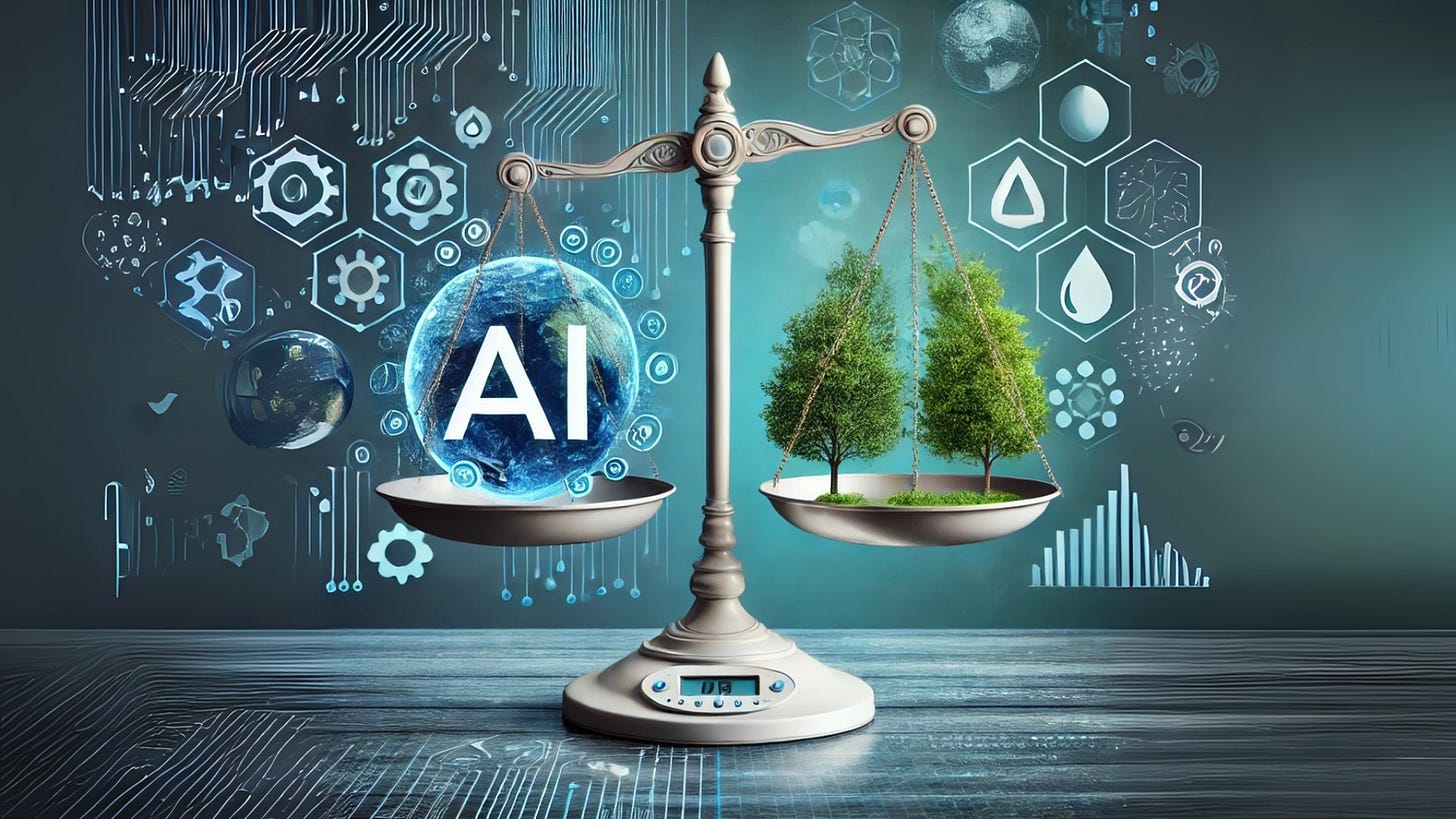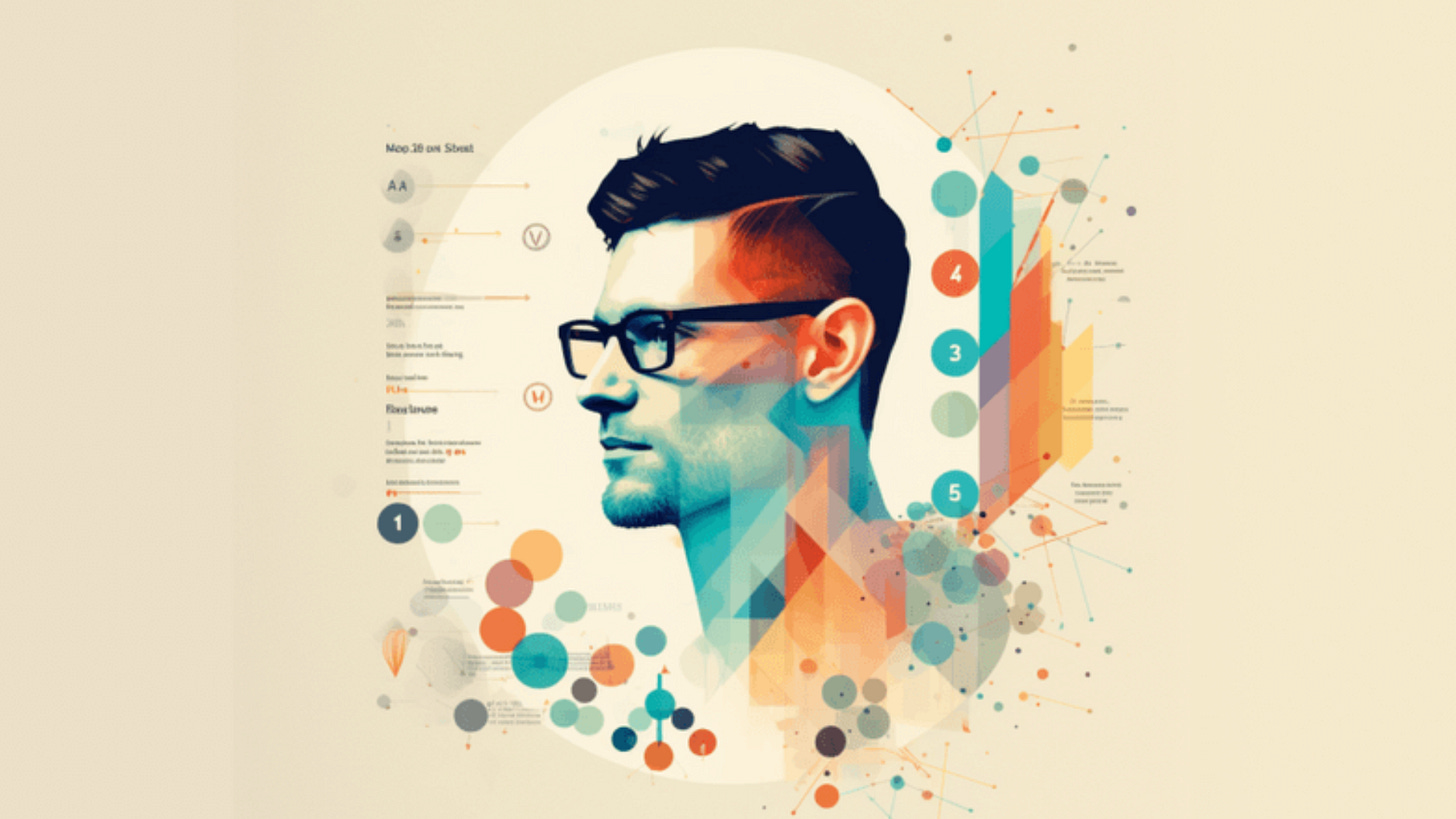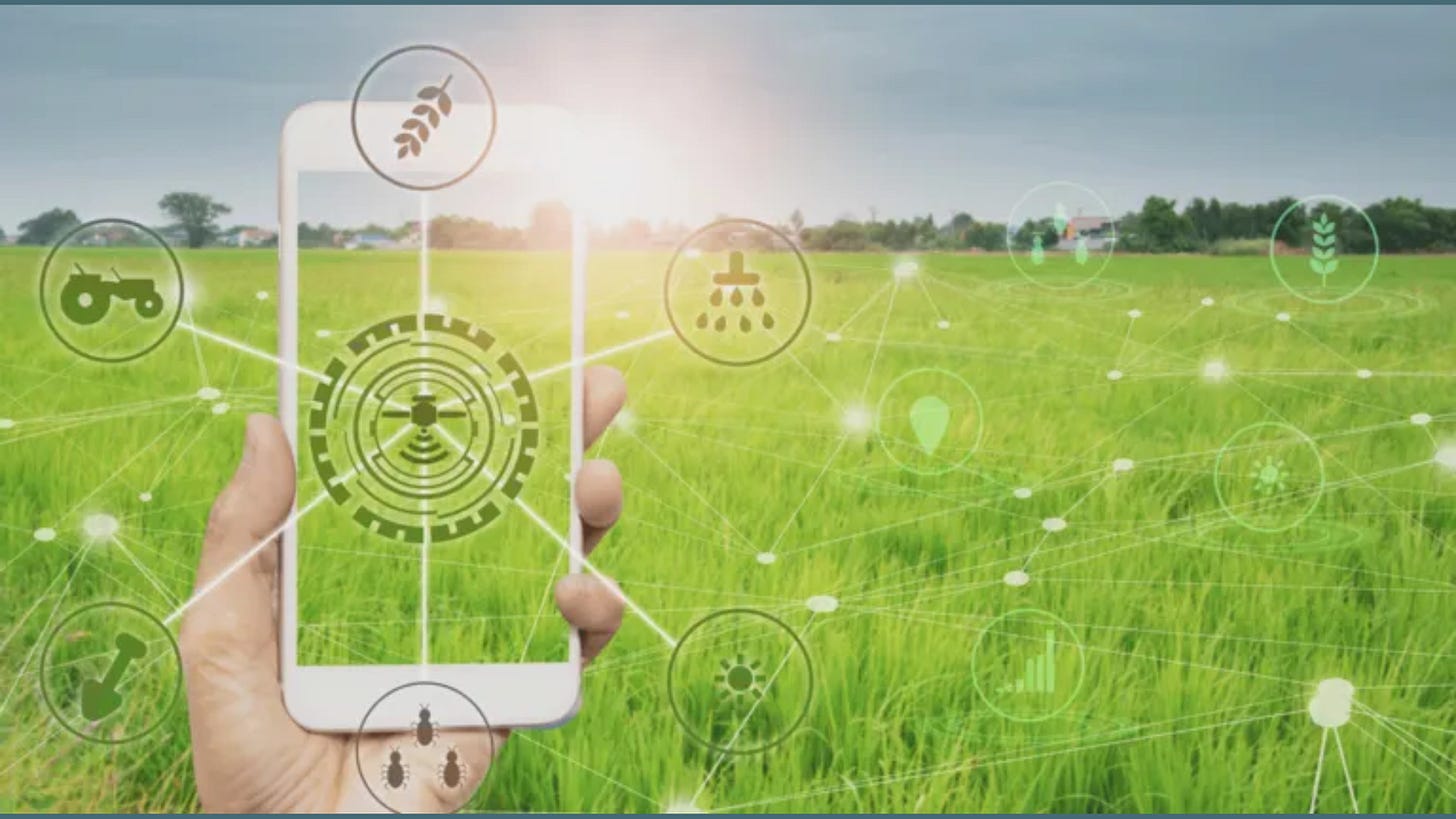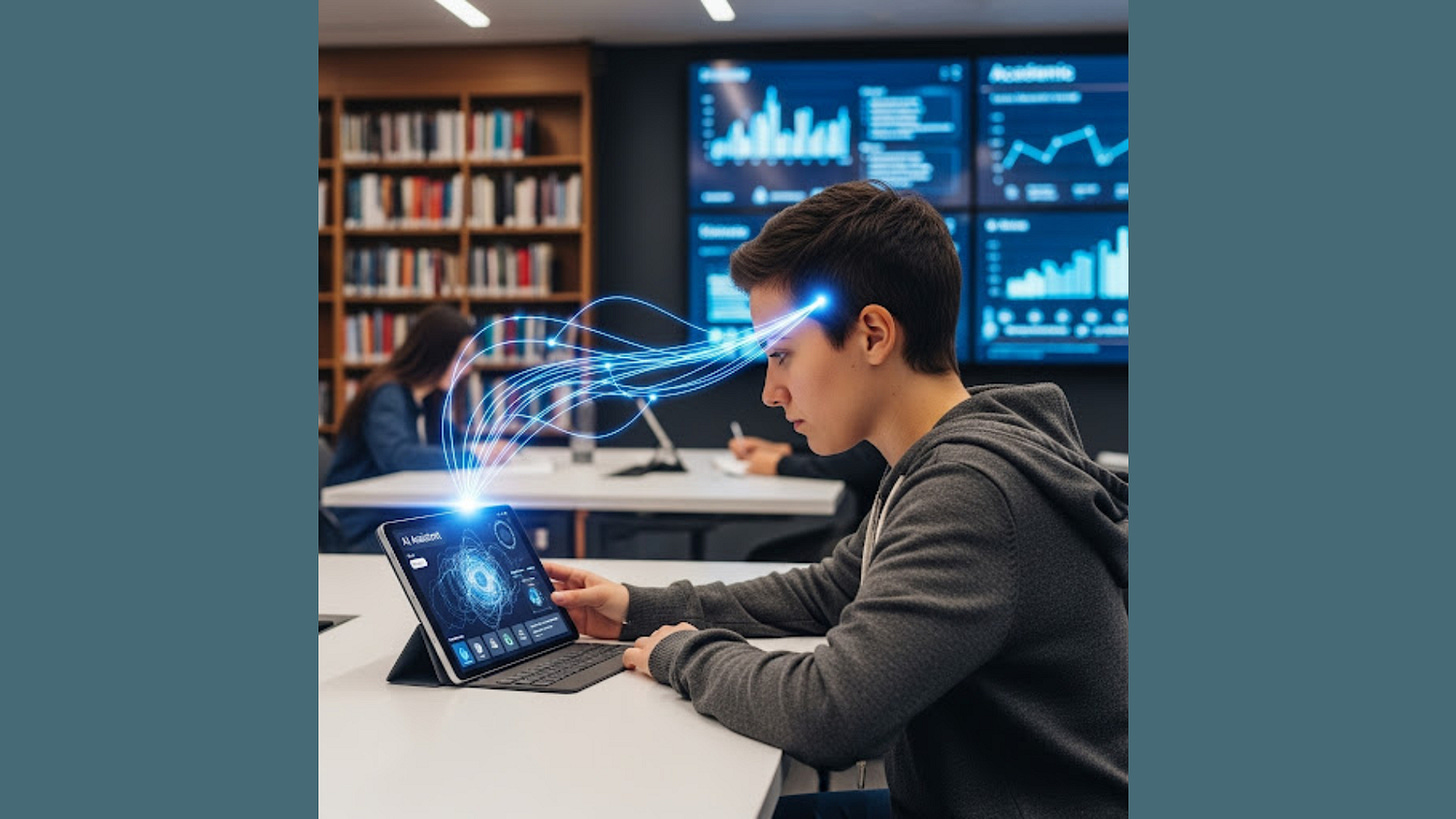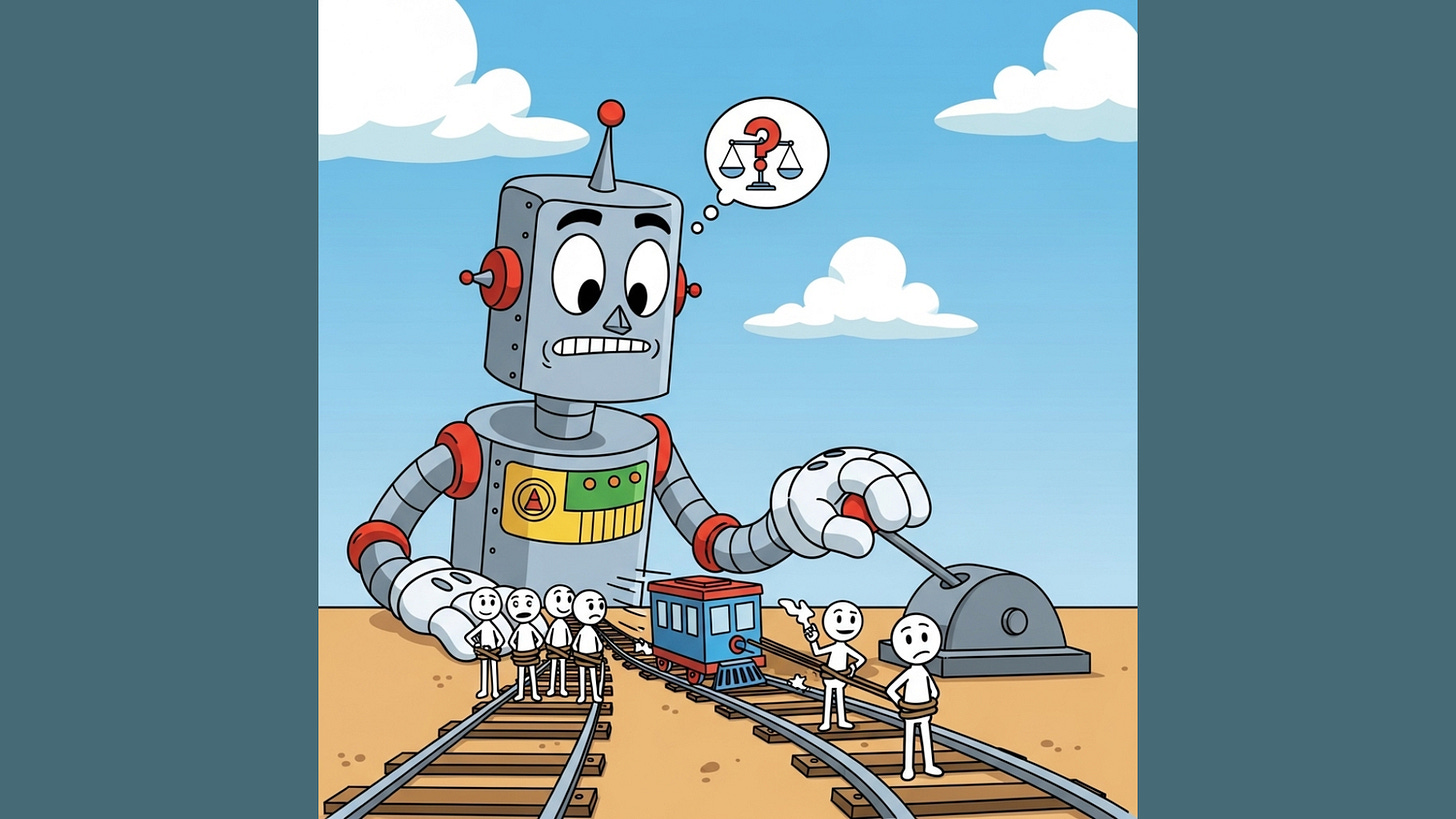The Impact Post | AI and Data for Social Good: Your Blueprint for Impact
Issue # 55 | Tue, 12 Aug 2025
Dear NuSocia Patrons,
Welcome to this edition of the Impact Post! The potential of AI to accelerate social development is immense, but the path to getting there isn't always clear. At NuSocia, we believe the key lies in a strong foundation of data. This newsletter is your guide to building that foundation. Inside, you'll find articles that will help you understand the core principles of effective data management, explore how to use AI for more impactful primary research, and identify your organization’s place in the AI journey. We’ll show you that you don't need to be a tech giant to harness the power of AI—you just need a plan.
Are You a Data-Forward Organization?
In an era of big data, this article argues that in social development, the key to success isn't just having a lot of data—it's having the right data, at the right time, in the right amount. The research emphasizes that a data-driven organization's philosophy starts with a clear understanding of its goals and a crucial question: "What specific decision will this data inform?" The article warns against the common pitfall of collecting data "just in case," which can lead to irrelevant information and flawed projects. Discover how to get your "data house in order" and build a robust data culture today to effectively leverage technology for social impact tomorrow.
Code Green
The environmental impact of artificial intelligence is a complex and often-overlooked issue. This article, "Code Green: Can AI Save the Planet – or Pollute It?", dives into this topic, revealing AI's dual role as both a potential climate ally and a significant environmental threat. The research explores how AI is used for everything from optimizing renewable energy systems to detecting deforestation, but also uncovers the alarming truth about its energy and water consumption. Discover the hidden costs of our reliance on AI and learn what actions are needed—from thoughtful regulation to greener infrastructure—to ensure technology becomes a force for a sustainable future, not a burden on it.
What Kind of AI-User Are You?
What kind of AI user are you? This article for social sector professionals introduces a unique framework to help you navigate AI adoption by identifying your personal "AI archetype." The research breaks down five core personas—the Explorer, Operator, Evaluator, Visionary, and Ethicist—each with their own motivations, challenges, and next steps. Whether you're a curious pioneer experimenting with new tools or an equity guardian focused on ethical governance, this guide offers a clear path for responsible AI integration. Discover your archetype and learn how to align technology with your organization's mission by reading the full article.
From Chessboards to Checklists
From summarizing documents to translating languages, AI is already a part of our daily lives. But what if it could be used to improve on-the-ground fieldwork in India? This article explores the nuances of AI's potential in the social development sector, highlighting how it could be used to overcome challenges like language barriers and inefficient data collection. The research presents innovative concepts, such as using AI to handle informed consent in local dialects and creating "self-healing mesh networks" for enhanced safety and communication in remote areas. These aren't just futuristic ideas—they're a glimpse into a world where technology can ethically and practically assist human researchers. Dive into the full article to discover how these tools could revolutionize fieldwork and create a more efficient and impactful future for social development.
Biodiversity Pulse
Your RESOURCE CENTER
Find all your needs to get involved in biodiversity
AI & the Future of Thought
In an age where artificial intelligence is becoming increasingly integrated into our daily lives, a recent study reveals a surprising link between frequent AI tool usage and a decline in critical thinking skills. The research, which surveyed over 600 individuals, found that the convenience of AI may be leading to "cognitive offloading," a process that could be quietly eroding our ability to think critically. While younger generations are more susceptible to this effect, the study also offers insights into how education can be a powerful buffer. Discover the full implications of this groundbreaking research and learn what steps we can take to ensure a future where technology enhances, rather than diminishes, our cognitive abilities.
Applying Ethical Frameworks in AI
A new article reveals a critical challenge at the forefront of AI development: the ethical implications of creating systems with a "cognitive sense of self." The research, titled "Exploring the Cognitive Sense of Self in AI: Ethical Frameworks and Technological Advances for Enhanced Decision-Making," argues that this technological leap could profoundly alter our social frameworks and even our core values. There is an urgent need to prioritize ethics in AI implementation, particularly in areas such as social development. The article concludes that without a strong ethical framework, we risk ceding control of our values to these technologies, making a proactive approach essential to ensure AI's evolution aligns with humanity's best interests.



